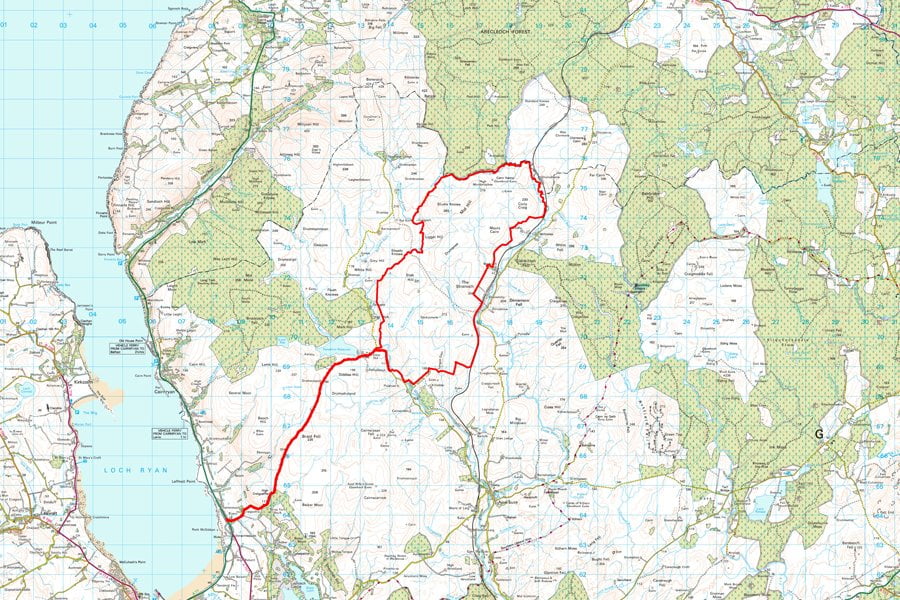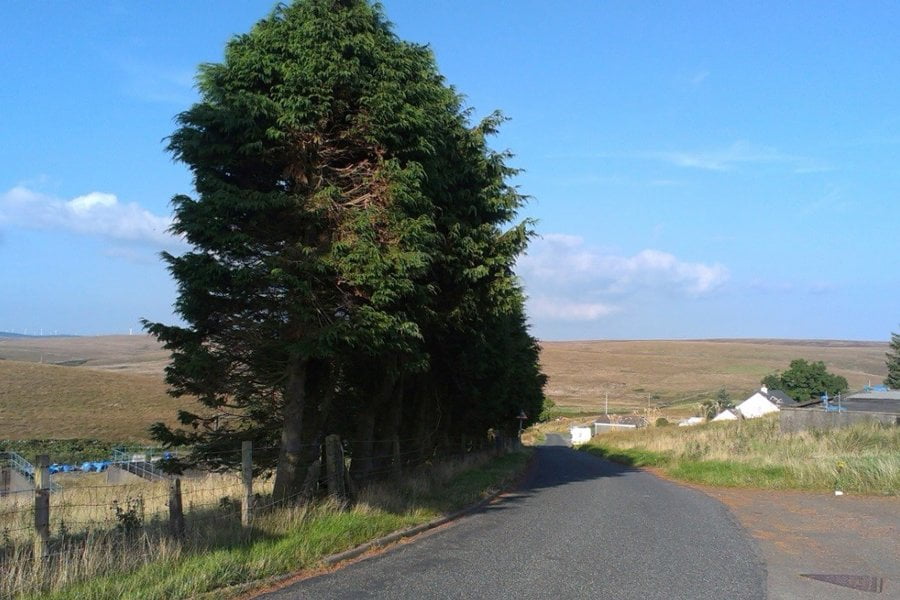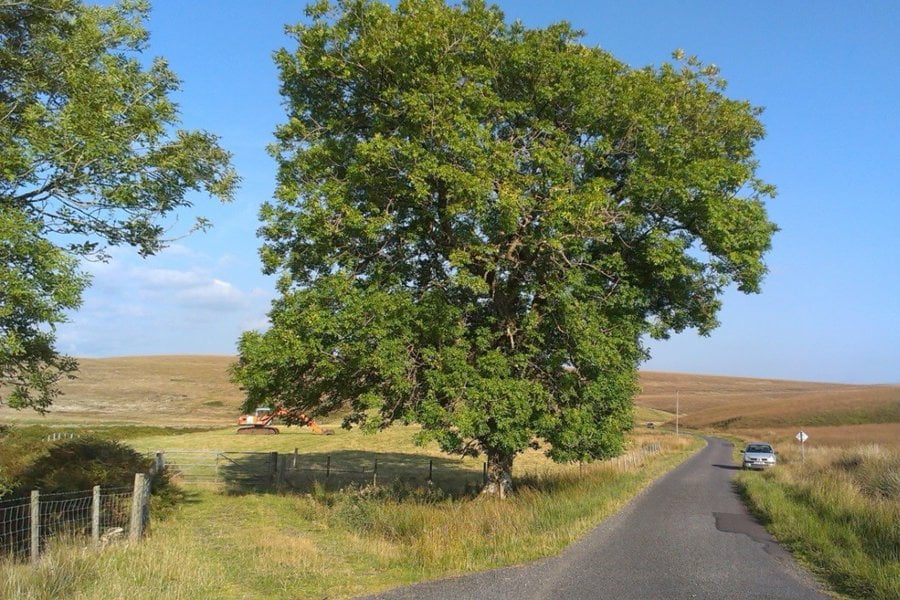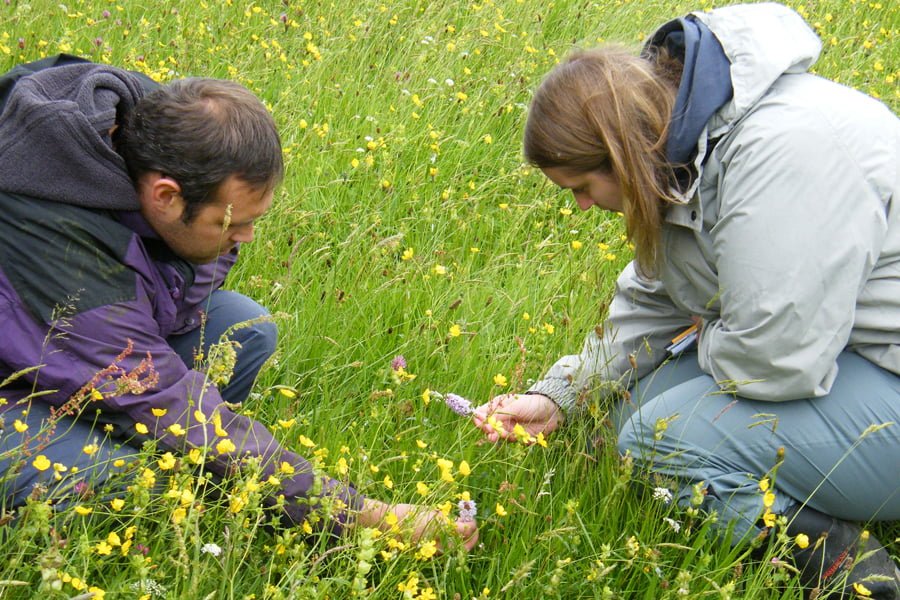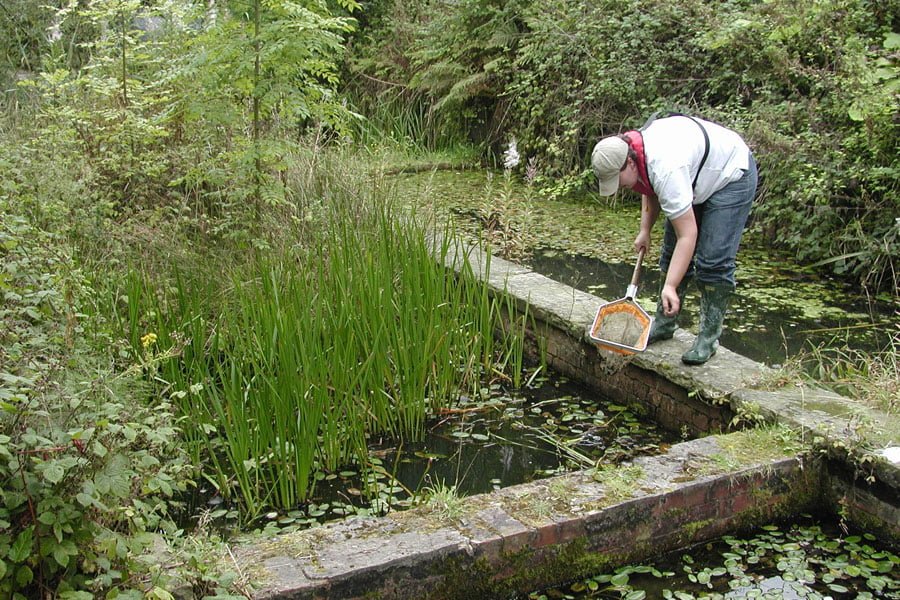The construction of wind farms often involves the delivery of Abnormal Indivisible Loads to relatively remote locations served by small roads. The delivery of large components to a proposed wind farm at The Stranoch was identified as a potential issue because of narrow and steep single carriageway roads. TEP undertook an Arboricultural Impact Assessment (AIA) in support of the planning application. The site is between Penwhirn Reservoir, Arecleoch Forest and Glenwhilly, Dumfries and Galloway.
A 6 mile stretch of highway was surveyed, within which most trees were located within a dense 1.5 mile section. Along this stretch, the road is lined by individual trees, woodland plantations and managed hedges, including some in residential gardens. Careful planning, risk assessment and control of site movements and staff were therefore paramount.
TEP’s assessment drew together topographical data, swept path analyses for the large delivery vehicles and tree survey data. In addition, desktop searches were undertaken to establish relevant local and national planning policy and designations. In places, tree canopies met overhead or were very close to the edge of the useable carriageway. Information including the location of trees and hedges as well as their dimensions, clearance from the road, relative quality and ownership were all recorded to inform the proposed solution.
A combined approach was developed, identifying trees that could be pruned, tree removal in targeted areas of road widening, and the use of temporary surfaces. In the most sensitive area, a diversion was designed to avoid high quality trees close to residential properties, and a new junction was designed to allow the vehicles to safely join or leave the A77. In addition to reporting on effects, TEP prepared a strategy for mitigation tree planting appropriate to the region and a strategy for tree protection measures and controlled working methods to be detailed to discharge planning conditions.


